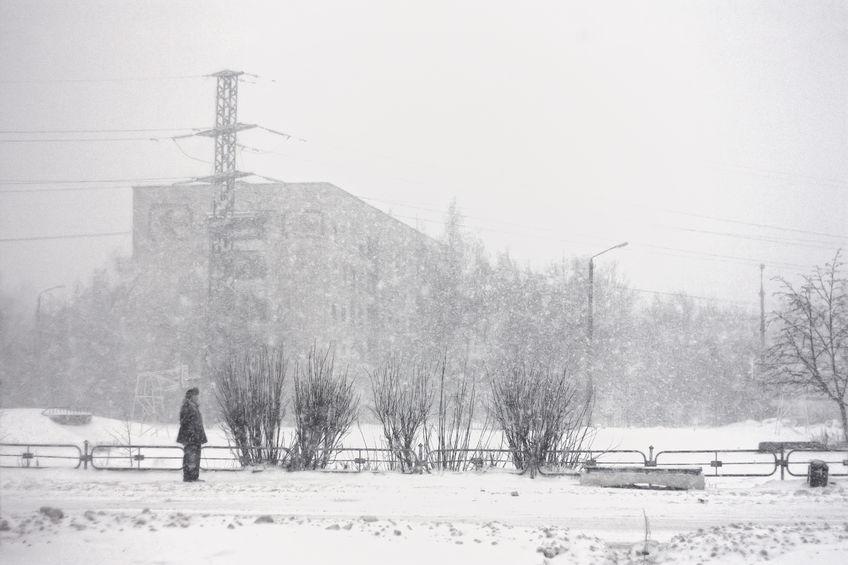The long shadow of forced labour in Russia

It has been more than 60 years since the death of Joseph Stalin, but his rule over the former Soviet Union still casts a social and economic shadow on the lives of many Russians. Much of the geographic area spanned by contemporary Russia was first populated by Gulag prisoners. It was at the cost of many lives that communities, industries and their infrastructure were built in Siberia and the Russian Far East.
From the 1930s to the 1950s, the Soviet government sent approximately 14 million people to work in the Gulag forced labour camps. This was a strategy intended both to achieve rapid industrialization and to repress political opposition. Stalin's forced labour camps touched the lives of many Soviet citizens at the time. According to research by economics professor Louise Grogan, contemporary Russians still bear the scars of one of the world's most deadly dictatorships. In her recent study, “The Long Shadow of Forced Labour in Russia,” Grogan investigates whether the imprisonment of so many innocent people and the dismal and isolated conditions in which they were forced to work created an environment of mistrust that continues to impact attitudes and incomes today.
“Russians are relatively untrusting of each other, even amongst countries with similar income levels. This study quantifies the importance of Stalin's forced labour camps in explaining the Russian trust deficit,” said Grogan. “Usually economists expect that countries with low trust are going to grow at reduced rates compared to countries with high trust.”
To investigate the relationship between Gulag history and contemporary mistrust of others, Grogan used data from Memorial, a human rights organization, the Russia Longitudinal Monitoring Survey (RLMS), World Value Survey and US General Social Survey. Her findings indicate that levels of trust are lower in locations that were home to prisoners of the Gulag camps. Memorial was branded a “foreign agent” by Russia's justice ministry in October 2016.
“The prisoners of these camps largely didn’t have any winter clothes, and were not fed or housed well. During one winter of the Second World War, more than 25 per cent of Gulag prisoners died,” said Grogan. “This is the legacy of forced labour which affects these communities today. Current inhabitants of these regions are still reliant on the apartment buildings, railroads and industries that were made by forced labour. There is an atmosphere of mistrust in these locations which affects economic behaviour, and which cannot be explained by current residents being descendants of former prisoners.”
How this mistrust has carried over so many decades and generations is another dimension that Grogan discusses in her study. By examining social survey data on Russian immigrants in the United States, she concludes that it is a characteristic driven by environment, not culture or genetics. People who live in these regions in Russia have low trust levels, but they adapt if they move to places where there is a more trusting atmosphere.
“There doesn’t seem to be a strong intergenerational transmission of low trust beliefs. Mistrusting goes away with changes in location,” she said. “Using data from the United States, you can see that children of immigrants from Russia are not less trusting of others than descendants of immigrants from Western European countries.”
Grogan’s study adds to a growing body of economic research investigating how attitudes are transmitted between people. Some attitudes and beliefs seem to be mainly intergenerationally transmitted and some appear to be mostly the result of the current local environments. Economists, including Grogan, are actively investigating why this is so, because the transmission of attitudes has implications for both people’s economic behaviour and the health of societies.
“I wrote this paper for the same reason Memorial gathered the data - to remember those millions of people and to show that societies do not get away with systematic human rights abuses.”
*Louise Grogan is an associate professor in the Department of Economics and Finance. Her research on the contemporary effects of the Gulag labour camps received SSHRC funding in 2016.